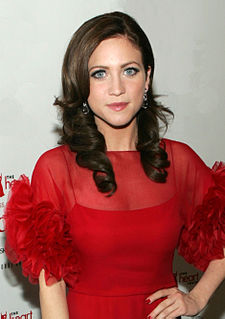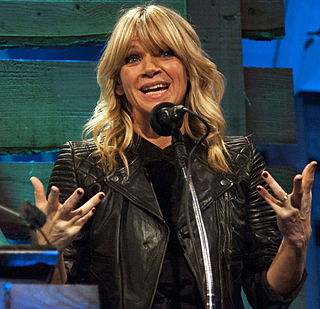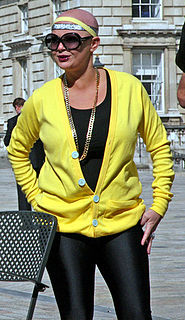A Quote by Ananya Birla
In India, there is a huge stigma attached to one having a mental illness; this not only makes it worse for the sufferer but also for their caregivers.
Related Quotes
I think the stigma surrounding mental illness and also the stigma surrounding self-esteem issues or insecurities or just even feeling different is something that doesn't really get enough attention. Everybody struggles with feeling alone or that they are going through something they don't quite understand.
The very term ['mental disease'] is nonsensical, a semantic mistake. The two words cannot go together except metaphorically; you can no more have a mental 'disease' than you can have a purple idea or a wise space". Similarly, there can no more be a "mental illness" than there can be a "moral illness." The words "mental" and "illness" do not go together logically. Mental "illness" does not exist, and neither does mental "health." These terms indicate only approval or disapproval of some aspect of a person's mentality (thinking, emotions, or behavior).
I've thought about my relationship to my body, my body dysmorphia, and what that means as someone who's like, 'Oh, I'm going to be on camera.' Sometimes it makes my body dysmorphia worse, but I've also tried to not let my mental illness rob the joy of getting to do something I've always wanted to do.
I think mental illness or madness can be an escape also. People don't develop a mental illness because they are in the happiest of situations, usually. One doctor observed that it was rare when people were rich to become schizophrenic. If they were poor or didn't have too much money, then it was more likely.

































